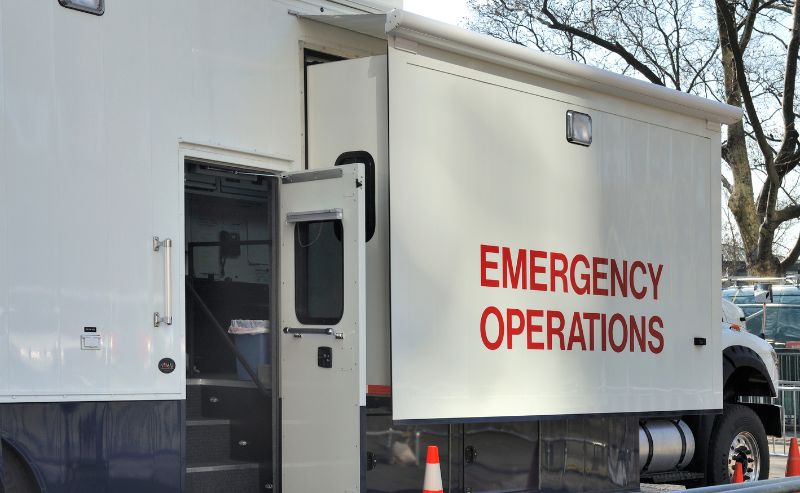If there is one thing that we have all learned during the COVID-19 pandemic, it’s that public health emergencies can have a significant impact on healthcare personnel and facilities. During this unprecedented time, our nation’s hospitals, in particular, have had to work through medical surges, staffing shortages, and equipment scarcity, among other things. And, all while providing life-saving medical services in the safest way possible for both patients and personnel.
Fortunately for everyone, this was and continues to be, achievable through Continuity of Operations (COOP) planning as required by the Joint Commission’s Emergency Management Standards.
COOP plans, as you know, document exactly how an organization’s departments will perform essential functions during an emergency or disruption, regardless of the type of event—natural, manmade or technological. In other words, they take an all-hazards approach to preparedness planning. COOP plans also identify internal and external communication methods, as well as alternate personnel, systems, and facilities.
According to the Joint Commission, best practice of COOP planning includes, at a minimum, the following three components:
- Continuity of facilities and communications to support organizational functions.
- A succession plan that lists who replaces the key leader(s) during an emergency if the leader is not available to carry out his or her duties.
- A delegation of authority plan that describes the decisions and policies that can be implemented by authorized successors.
If your hospital has activated its COOP plan during the COVID-19 pandemic, you know first-hand the benefits of being prepared. But if not, and you now have the time and resources to conduct an exercise (perhaps a tabletop), it could prove highly beneficial later. Aside from the pandemic, our country is experiencing dangerous heat, numerous wildfires, and an above-average hurricane season. In fact, not one but two tropical systems (potential hurricanes) are currently making their way toward the Gulf of Mexico. Further, flu season is just around the corner, and it may prove to be a bad one.
“In light of disasters in recent months that have resulted in widespread disruption and extended periods of recovery,” says the Joint Commission, “continuity of operations planning is essential for mitigating impacts to organization functions, staff and structures.”
Having developed over 10,000 continuity, emergency, and mitigation plans for public and private sector organizations nationwide, BOLDplanning couldn’t agree more. Now, more than ever, it is crucial to create and foster a culture of preparedness. To help your organization along with the planning process, download our quick-read resource, “Top Ten Questions to Ask When Developing or Updating a COOP”. Learn more by emailing info@BOLDplanning.com or calling 615.469.5558.






